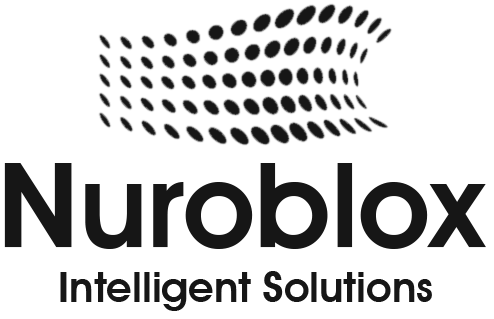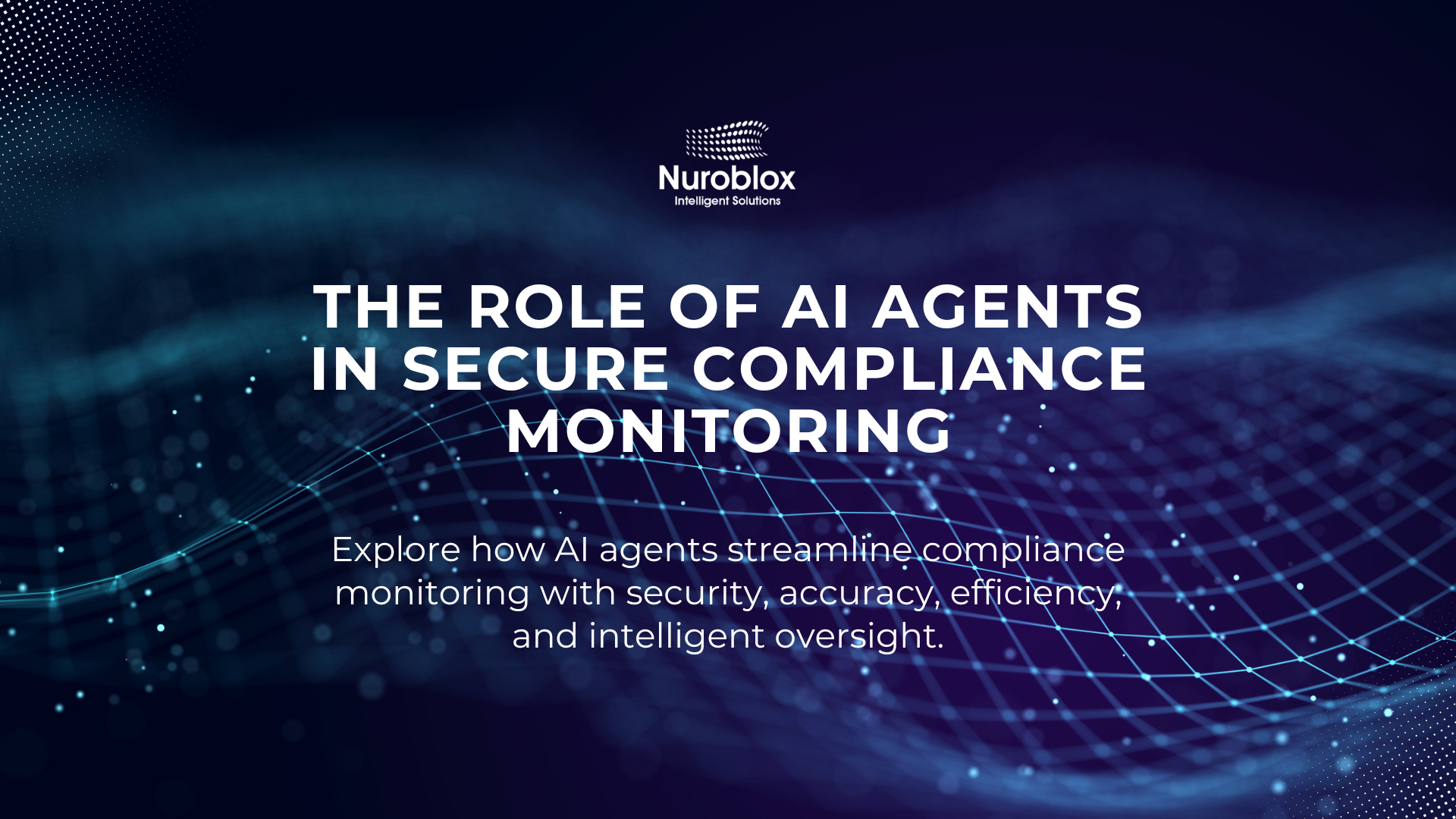The Role of AI Agents in Secure Compliance Monitoring
The Unseen Risk – Why Traditional Compliance Is Failing in 2025
In today’s hyper-regulated global economy, compliance is no longer a back-office checkbox activity; it has become a strategic imperative. Organizations across finance, healthcare, and technology are navigating a volatile landscape of ever-expanding frameworks like the GDPR, HIPAA, Sarbanes-Oxley (SOX), and PCI-DSS. Yet, the very methods most companies use to stay compliant are fundamentally broken. Traditional approaches rooted in manual audits, fragmented spreadsheets, and reactive spot-checks are buckling under the pressure.
This reliance on manual processes is not only inefficient but also staggeringly expensive. According to research from McKinsey, many organizations spend between 15% and 20% of their total operational budget on compliance-related activities alone. Despite this heavy investment, the results are often inadequate. Manual compliance is prone to human error, inconsistent application of rules, and significant delays in detecting violations. By the time a quarterly audit uncovers a breach, the damage in the form of fines, reputational harm, or data loss is already done. In an era of real-time business, this reactive posture represents an unacceptable risk.
Enter the AI Agent – A New Paradigm for Secure Compliance
As legacy systems fail to keep pace, a new technology is emerging to fill the gap: AI-powered compliance agents. These are not just another automation tool; they represent a fundamental shift in how organizations manage regulatory adherence.
What Are AI Compliance Agents?
An AI compliance agent is a specialized, autonomous software module designed to continuously scan, monitor, and enforce compliance policies across an organization’s digital ecosystem. Unlike passive analytics dashboards, these agents are active participants in the compliance process. They can –
- Extract and analyze data from diverse sources, including system logs, financial transactions, emails, chat messages, and legal documents.
- Connect to external APIs to receive live updates on changing regulations, ensuring the rulebook is always current.
- Flag anomalies and policy violations in real-time, moving detection from months to seconds.
- Generate explainable, audit-ready reports that provide a transparent log of all monitoring and enforcement actions.
- Orchestrate remediation workflows or trigger alerts to the appropriate compliance personnel.
From Reactive to Proactive – The Core Shift
The most significant impact of AI agents is the transition from a reactive to a proactive compliance strategy. Instead of waiting for periodic audits to uncover problems, AI agents provide 24/7, real-time surveillance of all relevant activities. They analyze every transaction, data access request, and customer communication as it happens. This continuous analysis allows organizations to detect and prevent compliance breaches before they escalate, transforming the compliance function from a historical record-keeper into a forward-looking risk management engine.
Unpacking the Strategic Benefits of AI-Powered Compliance
The adoption of AI agents for secure compliance monitoring delivers transformative benefits that address the core weaknesses of traditional methods. These advantages go beyond simple efficiency gains, offering a strategic lever for business growth and resilience.
Drastic Cost Reduction and Efficiency Gains
By automating the most laborious aspects of compliance, AI agents deliver significant financial returns. Research indicates that AI can slash compliance-related operational costs by over 40%. This is achieved by automating routine tasks such as document parsing, data validation, and report generation, which have historically consumed countless hours of expert time. With AI agents handling the high-volume, low-judgment work, highly skilled compliance officers are freed to focus on strategic decision-making, investigation, and advisory functions.
Unparalleled Accuracy and Real-Time Risk Detection
Human auditors, no matter how skilled, can miss subtle patterns in vast datasets. AI agents, however, are built to process enormous volumes of structured and unstructured data with near-perfect precision. They excel at identifying faint signals and complex anomalies that might indicate sophisticated fraud, money laundering, or insider trading.
Furthermore, AI helps reduce “alert fatigue” by filtering out irrelevant noise. Instead of overwhelming teams with thousands of low-priority flags, intelligent agents prioritize alerts based on risk severity, allowing teams to focus on what matters most. Upon detecting a high-risk event, the system can initiate immediate corrective actions, such as blocking a transaction or quarantining a file, minimizing the window of exposure.
Scalability and Consistency Across Global Operations
For multinational corporations, managing a patchwork of local and international regulations is a major challenge. AI agents are designed to scale effortlessly, applying compliance rules consistently across different jurisdictions, business units, and IT systems without requiring a proportional increase in headcount. This is critical for global banks, healthcare providers, and tech companies that must simultaneously adhere to HIPAA in the United States, GDPR in Europe, and various financial regulations worldwide. This ensures a uniform standard of compliance is maintained across the entire organization.
Fortified Security and Audit Readiness
Security is a primary concern when deploying any new technology. AI compliance agents are designed with security in mind and can be deployed within a private cloud or behind the enterprise firewall to ensure sensitive data never leaves a controlled environment.
Perhaps most importantly, these agents make audit preparation dramatically simpler and more robust. They automatically create and maintain comprehensive, tamper-evident logs of all compliance-related activities, generating a clean audit trail on demand. Some advanced systems can even run audit simulations, proactively identifying potential gaps or weaknesses before an official regulatory review takes place. This level of preparedness reduces the risk of fines and sanctions while demonstrating a mature and proactive compliance posture to regulators.
AI Agents in Action – Real-World Use Cases Across Industries
AI compliance agents are not a future concept; they are already delivering value in some of the world’s most regulated sectors.
Banking and Financial Services (AML & SOX)
The financial industry has been an early adopter of AI for compliance. Agents are used to –
- Enforce Anti-Money Laundering (AML) policies by continuously monitoring financial transactions for suspicious patterns and automatically flagging them for Suspicious Activity Reports (SARs).
- Detect market abuse by analyzing trading desk communications in real-time for keywords related to insider trading or price manipulation.
- Ensure Sarbanes-Oxley (SOX) compliance by automatically cross-referencing financial reports, board meeting minutes, and digital signatures to ensure protocol adherence.
Healthcare and Life Sciences (HIPAA)
In healthcare, protecting patient data is paramount. AI agents help enforce the Health Insurance Portability and Accountability Act (HIPAA) by –
- Monitoring access logs to Protected Health Information (PHI). If an employee accesses patient records beyond the scope of their duties, an agent can instantly flag the event and notify the Privacy Officer.
- Preventing data breaches by scanning outgoing emails, faxes, and file transfers for unsecured PHI and blocking the transmission before it leaves the network.
- Automating medical billing audits to ensure coding accuracy and prevent fraud.
Retail and E-commerce (GDPR & CCPA)
For consumer-facing businesses, data privacy regulations like GDPR and the California Consumer Privacy Act (CCPA) are a major focus. AI agents assist by –
- Scanning marketing campaigns and checkout flows to ensure that user consent rules, such as opt-in requirements, are correctly implemented and enforced.
- Continuously scanning systems for personal data to ensure it is properly classified, protected, and deleted in accordance with regulatory mandates.
Energy and Manufacturing (SOX & Safety)
In industrial sectors, compliance extends beyond financial reporting to operational safety. AI agents are being used to –
- Verify digital signatures and ensure material disclosures align with SOX protocols, similar to the finance industry.
- Proactively monitor workplace conditions using sensor data and video feeds to identify potential safety hazards in real time and ensure compliance with occupational safety regulations.

Deploying AI agents effectively requires more than just purchasing software; it demands careful planning and a phased approach.
Beyond Technology – The Need for Careful Planning
While powerful, AI is not a “magic bullet.” A successful implementation depends on addressing foundational challenges such as data quality, system integration, and ethical oversight. Without high-quality, accessible data, even the most advanced AI agent will fail. Organizations must ensure their data is clean, well-structured, and available for analysis.
Key Implementation Steps
A strategic rollout typically follows these steps –
- Define Clear Objectives – Begin with a specific, high-value compliance problem. Instead of trying to automate everything at once, focus on a narrow use case, such as automating the data collection process for SARs or monitoring access to a specific class of sensitive data.
- Ensure Data Quality – Conduct a data audit to identify and remediate issues with the data sources the AI agent will rely on.
- Integrate and Test – Connect the agent to the relevant systems (e.g., transaction logs, email servers, databases) in a controlled environment. Run simulations to test its accuracy and logic before going live.
- Adopt a Human-in-the-Loop Model – In the initial stages, configure the AI agent to flag high-risk issues for review by a human expert. This builds trust in the system and allows the model to learn from human feedback. Full autonomy should be a long-term goal, not a starting point.
- Monitor and Adapt – Compliance is not static. The AI agents must be continuously updated to reflect new regulations and trained to recognize emerging threat patterns.
The Future Is Autonomous – What’s Next for Compliance AI?
The field of AI-powered compliance is evolving at a breakneck pace, with the enterprise AI agents market projected to grow at a staggering 45.82% compound annual growth rate (CAGR). The next generation of these agents will move beyond simple monitoring and detection to become truly autonomous. We are already seeing the emergence of cross-application agents that can not only identify a compliance breach but also independently orchestrate the entire remediation process from quarantining data and notifying stakeholders to documenting the incident and closing the loop.
As regulations become more complex and data volumes continue to explode, AI agents will cease to be a competitive advantage and become a fundamental necessity. They are evolving into indispensable strategic partners, empowering organizations to build a more secure, efficient, and resilient compliance framework for the future.
How much of your team’s time is currently spent on manual compliance tasks that could be automated, and what is the strategic cost of that misdirected effort?


